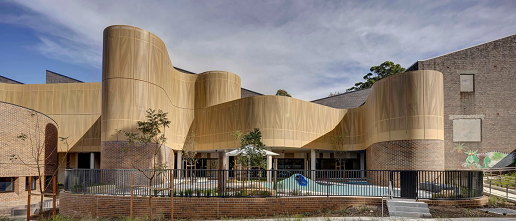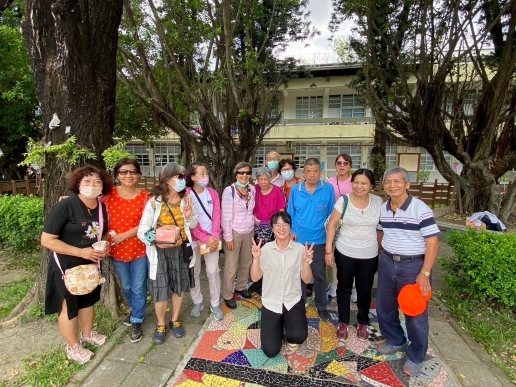(Taiwan Immigrants’ Global News Network) – Aya, from Japan currently lives in central Taiwan and started the YouTube channel "MiYA TV" with her Taiwanese friend Mion, to record their life experiences in Taiwan, and to share with their audience the cultural differences between Taiwan and Japan. In this episode "New Immigrants in Taiwan", Mion leads Aya, who has never experienced the Chinese New Year in Taiwan, to make Taiwanese rice cakes and write Spring Festival couplets.
The two make Taiwanese rice cakes together. Photo provided and authorized by MiYA TV
The two first made Taiwanese rice cakes. Taiwanese and Japanese rice cakes are made in different ways and taste different. First prepare 250 grams of glutinous rice flour and 150 grams of sugar, mix the same proportion of water as the flour, into the sugar, until it is completely melted, then put the sifted glutinous rice flour into it, and stir until it is no longer powdery. Then prepare a large bowl with some oil, pour in these ingredients, and cook in an electric pot for one hour.
Mion confessed to Aya with a smile that it was her first time to make Taiwanese rice cakes. Fortunately, the process was very smooth. After cooking, put in the refrigerator to cool, then cut the rice cake into slices and put it into the batter, and like the Japanese tempura frying method, put it into the oil pan to fry until done.
Aya explained to Mion that the Taiwanese term for rice cakes is "sweet cakes" (tinn-kué 甜粿), which are eaten during the Chinese New Year, which means "eat sweets, and have a happy new year" (tsia̍h tinn tinn, kuè hó nî). It means that it will be a good year; also, "cake" (糕) and "high" (高) have the same sound, symbolizing that this year will get better and better.
Aya finds the way of making Taiwanese rice cakes amazing. Photo provided and authorized by MiYA TV
When writing Spring Festival couplets with a calligraphy brush, Aya said that Japanese elementary schools also have a "New Spring test" activity. But writing with a brush on a piece of white paper is very different from the Spring Festival couplets in Taiwan. Aya thought that the red Spring Festival couplets were auspicious, Mion explained that the reason for the red color came from a traditional Chinese story. To drive away the Nian beast that haunted during the New Year, the street was covered with red color which the beast was afraid of. Also, the Nian beast was afraid of loud noises, so they relied on the red Spring Festival couplets and the sound of firecrackers to drive it away.
After they enjoyed their rice cakes, Aya liked the Taiwanese rice cakes, which were chewy and not too sweet, making her want to eat them again and again. Mion asked Aya about the experience, and Aya said with a smile, "I think it's very interesting and magical, and I feel the difference in culture."






